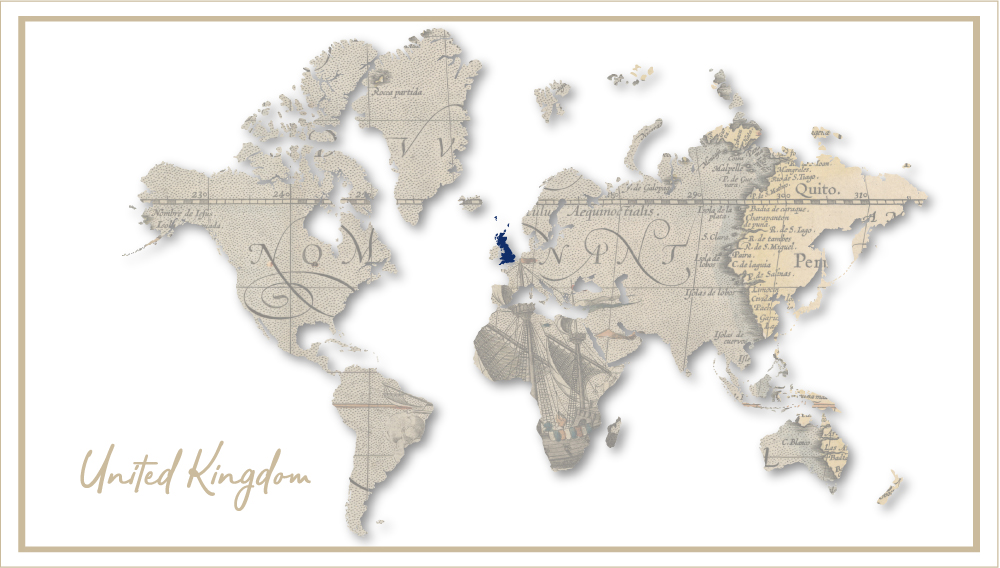United Kingdom | To celebrate the football club’s Premier League title win, water technology company Xylem has teamed up with Man City and Heineken to produce ‘Raining Champions’ – a limited edition beer made with purified rainwater.
Ireland |Guinness’ parent company, Diageo, has announced that the iconic Irish stout will no longer use plastic rings or shrink wrap. Instead, the company will invest USD 21 million to replace plastic with 100 percent recyclable and biodegradable cardboard.
United Kingdom | Is BrewDog finally going mainstream or just subverting conventional advertising? BrewDog has launched what it claims is “the most honest ad you’ll ever see.”
Ireland | It seems like a contradiction in terms: an Irish pub with no booze. And yet, Dublin’s The Virgin Mary recently opened and has attracted a lot of interest.
Belgium | It’s a lot of money. The EU Commission has fined AB-InBev the staggering sum of EUR 200 million (USD 223 million) for preventing cheaper beer imports from the Netherlands into Belgium.
United Kingdom | After Carlsberg put up a billboard across the street from Tennent’s Glasgow brewery, the Scottish brewer responded with a billboard of its own.
United Kingdom | No one knows if there is a correlation, but there are now more churches than small pubs in the UK. Pubs, which employ fewer than ten people, were down to 23,000 in 2018, from 39,000 in 2001.
United Kingdom | Looks like the craft beer boom has stalled in the past year, with only eight breweries opening compared with 390 in 2017, according to a survey by the accounting firm UHY Hacker Young.
United Kingdom | Is this a joke or real? After 40 years of brandishing its lager as “Probably the best beer in the world”, Danish brewer Carlsberg has confessed that its famous slogan may not be true any longer. In a response to declining sales and negative comments from drinkers, Carlsberg has relaunched its eponymous beer with a new recipe and a more crafty approach to marketing.
Germany | More troubles ahead for big food and beverage brands. Germany’s largest grocery retailer, EDEKA, with a turnover in excess of USD 65 billion, is taking on the food and beverage bigwigs. After picking a fight with Kraft Heinz’s tomato sauce, PepsiCo’s multivitamin juice Punica was caught in the line of fire.


